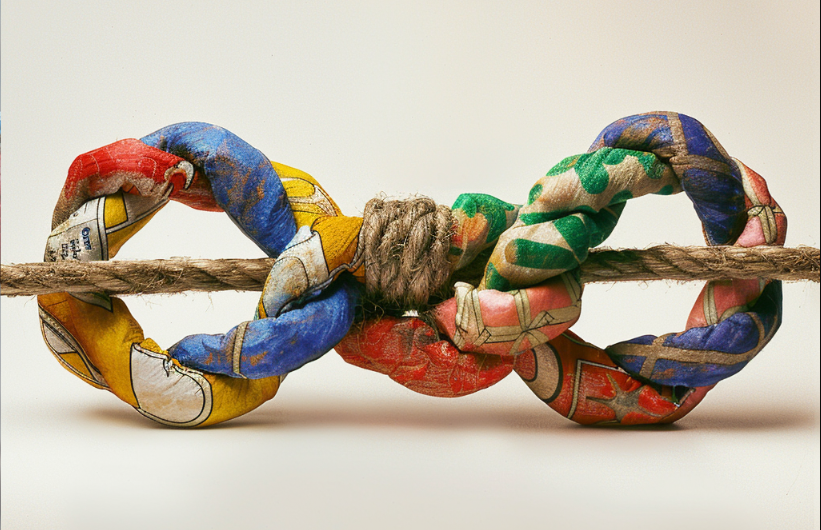 #1. Before I collect any data on my customers, I will write a customer-facing explanation of why it’s good for them for me to have that info.
#1. Before I collect any data on my customers, I will write a customer-facing explanation of why it’s good for them for me to have that info.
Consumer privacy concerns include the sentiment that they and their data are not a product for you to sell. There are also issues of trust and consent. I.e., I didn’t give you permission to collect this data, and I don’t trust what you’re doing with it.
Some privacy legislation requires companies to get consent before they store data, which has resulted in the somewhat ubiquitous and rather ridiculous “accept all cookies” pop-ups.
Let’s face it. Data collection has become dishonest. We push the boundaries of what we can get away with, and we hide the extent of our snooping. Common industry practices create an adversarial relationship with customers, and that’s not good business.
To get out of that mental rut, make a habit of stating why it helps the customer for you to have the bit of data you’re collecting. You don’t have to show it to your customer (yet), but the exercise will steer you away from being a sneaky bastard.
#2. In the first quarter of the year I will take a serious look at micropayments.
The days of a minimum credit card purchase are over. You can buy a stick of gum with your card. Why not an article or a video from a website?
Unfortunately, fees and T&Cs often make micropayments a bad deal for publishers. The worst is when the vendor (not the publisher) gets the customer information.
This is what I would want to see in a micropayment strategy for a content provider.
- The content to be purchased is decently long. Not just an article on a website. (In which case the consumer will simply find it elsewhere.)
- The publisher gets the purchaser’s information — which is more valuable than the price of the content, and the real reason for doing micropayments.
- The publisher has an upsell for the content purchased.
- The first few “purchases” are free. E.g., if you register, you get a $10 voucher.
It doesn’t matter if the transaction is managed in the publisher’s store, or with a vendor, provided the publisher gets the customer data.
Don’t allow things you heard ten years ago to prejudice you against micropayments. Take a fresh look.
This article is taken from the latest edition of The Krehbiel Letter.



